x
Search results for 'summit'
Show Filter
Summit Pre-Calculus/Trigonometry, Semester 1 (MTH403A)
Pre-calculus weaves together concepts of algebra and geometry into a preparatory course for calculus. The course focuses on the mastery of critical skills and exposure to new skills necessary for success in subsequent math courses. Topics include quadratic, exponential, logarithmic, radical, polynomial, and rational functions; matrices; and conic sections in the first semester. The second semester covers an introduction to infinite series, trigonometric ratios, functions, and equations; inverse trigonometric functions; applications of trigonometry, including vectors; polar equations and polar form of complex numbers; arithmetic of complex numbers; and parametric equations.
Connections are made throughout the course to calculus and a variety of other fields related to mathematics. Purposeful concentration is placed on how the concepts covered relate to each other. Demonstrating the connection between the algebra and the geometry of concepts highlights the interwoven nature of the study of mathematics.
From: $450.00
Summit Pre-Algebra, Semester 1 (MTH113A)
In this course, students take a broader look at computational and problem-solving skills while learning the language of algebra. Students extend their understanding of ratio to develop an understanding of proportions and solve problems including scale drawings, percent increase and decrease, simple interest, and tax. Students extend their understanding of numbers and properties of operations to include rational numbers. Signed rational numbers are contextualized and students use rational numbers in constructing expressions and solving equations. Students derive formulas and solve two-dimensional area problems including the area of composite figures. In three dimensions, students find surface area using formulas and nets. Students also compute the volume of three-dimensional objects including cubes and prisms. Students make use of sampling techniques to draw inferences about a population including comparative inferences about two populations. Students also investigate chance processes through experimental and theoretical probability models. This is the first semester of a two semester course.From: $450.00
Summit Pre-Algebra, Semester 2 (MTH113B)
In this course, students take a broader look at computational and problem-solving skills while learning the language of algebra. Students extend their understanding of ratio to develop an understanding of proportions and solve problems including scale drawings, percent increase and decrease, simple interest, and tax. Students extend their understanding of numbers and properties of operations to include rational numbers. Signed rational numbers are contextualized and students use rational numbers in constructing expressions and solving equations. Students derive formulas and solve two-dimensional area problems including the area of composite figures. In three dimensions, students find surface area using formulas and nets. Students also compute the volume of three-dimensional objects including cubes and prisms. Students make use of sampling techniques to draw inferences about a population including comparative inferences about two populations. Students also investigate chance processes through experimental and theoretical probability models. This is the second semester of a two semester course.From: $450.00
Summit Math 8, Semester 2 (MTH08B)
The Math 8 course prepares students for more advanced study in algebra as students solve linear equations and systems of equations, work with radical and integer exponents, gain conceptual understanding of functions, and use functions to model quantitative relationships. To prepare students for more advanced study in geometry, the course emphasizes the Pythagorean theorem and a deepening exploration of similarity and congruence.From: $450.00
Summit Math 8, Semester 1 (MTH08A)
The Math 8 course prepares students for more advanced study in algebra as students solve linear equations and systems of equations, work with radical and integer exponents, gain conceptual understanding of functions, and use functions to model quantitative relationships. To prepare students for more advanced study in geometry, the course emphasizes the Pythagorean theorem and a deepening exploration of similarity and congruence.From: $450.00
Summit Math 6, Semester 2 (MTH06B)
In the Math 6 course, students deepen their understanding of multiplication and division of fractions to apply their knowledge to divide fractions by fractions, with an additional focus on increasing efficiency and fluency. Students gain a foundation in the concepts of ratio and rate as an extension of their work with whole number multiplication and division, and in preparation for work with proportional relationships in Math 7. Students also make connections among area, volume, and surface area, and continue to lay the groundwork for deep algebraic understanding by interpreting and using expressions and equations. This is the second semester of a two semester course.From: $450.00
Summit Math 6, Semester 1 (MTH06A)
In this Math 6 Summit course, students deepen their understanding of multiplication and division of fractions to apply their knowledge to divide fractions by fractions, with an additional focus on increasing efficiency and fluency. Students gain a foundation in the concepts of ratio and rate as an extension of their work with whole number multiplication and division, and in preparation for work with proportional relationships in Math 7. Students also make connections among area, volume, and surface area and continue to lay the groundwork for deep algebraic understanding by interpreting and using expressions and equations.From: $450.00
Summit Practical Math, Semester 2 (MTH307B)
In this high school math course, students use math to solve real-world problems and real-world problems to solidify their understanding of key mathematical topics. Data analysis, math modeling, and personal finance are key themes in this course. Specific topics of study include statistics, probability, graphs of statistical data, regression, finance, and budgeting. In addition, students learn how to use several mathematical models involving algebra and geometry to solve problems. Proficiency is measured through frequent online and offline assessments, as well as class participation. This is the second semester of MTH307.
From: $450.00
Summit Calculus, Semester 2 (MTH433B)
This high school math course is a comprehensive look at the study of differential and integral calculus concepts including limits, derivative and integral computation, linearization, Riemann sums, the Fundamental Theorem of Calculus, and differential equations. Applications include graph analysis, linear motion, average value, area, volume, and growth and decay models. This is the second semester of MTH433.
$450.00
Summit Calculus, Semester 1 (MTH433A)
This high school math course is a comprehensive look at the study of differential and integral calculus concepts including limits, derivative and integral computation, linearization, Riemann sums, the Fundamental Theorem of Calculus, and differential equations. Applications include graph analysis, linear motion, average value, area, volume, and growth and decay models.
$450.00
Summit Probability and Statistics (MTH413)
In this high school math course, students learn counting methods, probability, descriptive statistics, graphs of data, the normal curve, statistical inference, and linear regression. Proficiency is measured through frequent online and offline assessments, as well as asynchronous discussions. Problem-solving activities provide an opportunity for students to demonstrate their skills in real world situations.
$450.00
NEED MORE INFO

THANK YOU!
We have received your inquiry and you will start to receive additional information about our school offerings and programs. An enrollment consultant will contact you shortly.
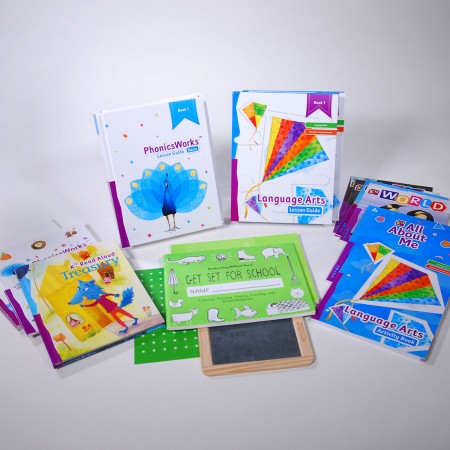



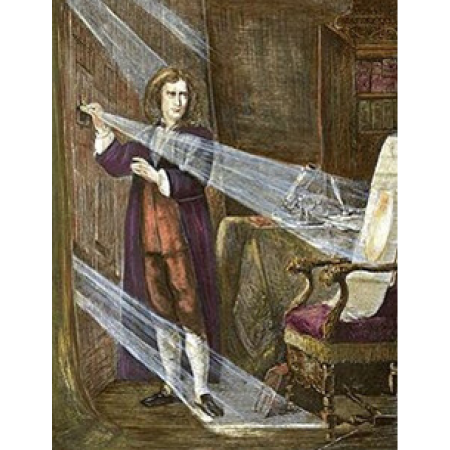
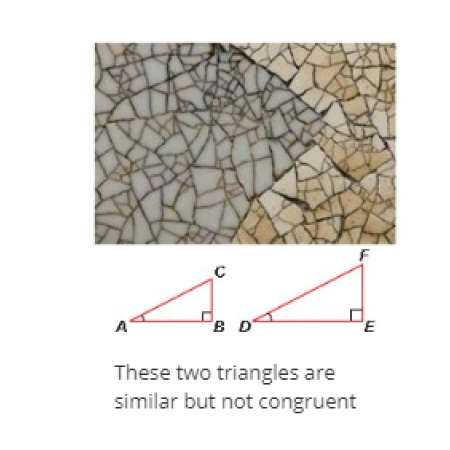
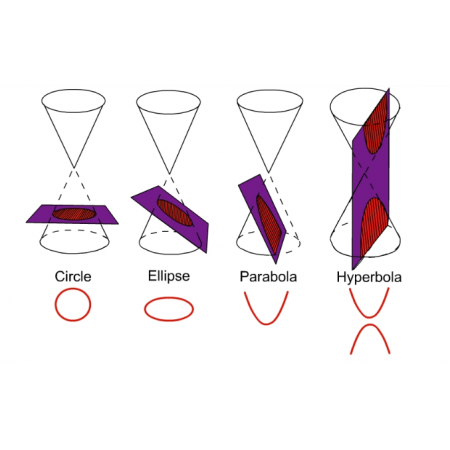
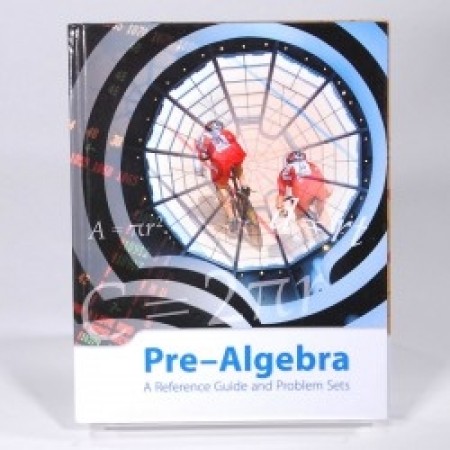
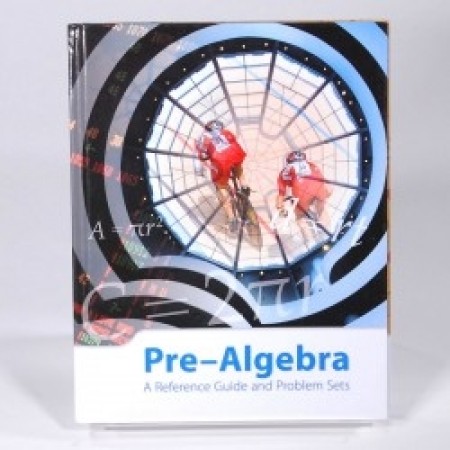
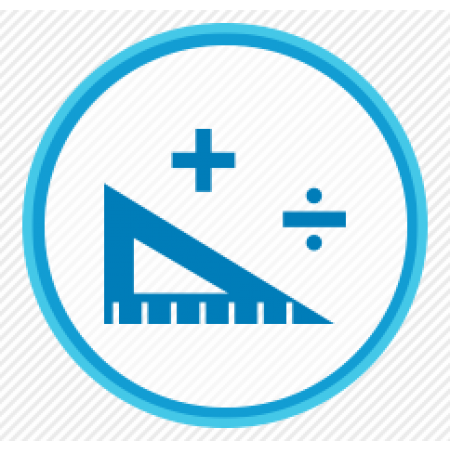
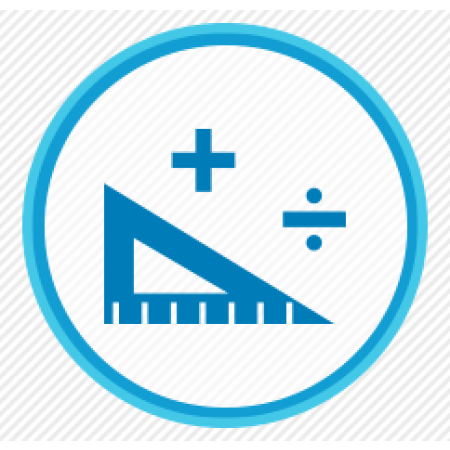
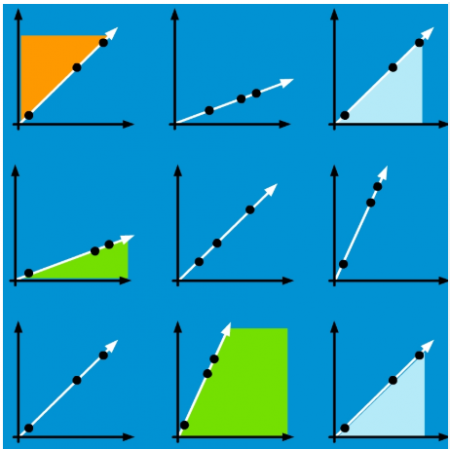
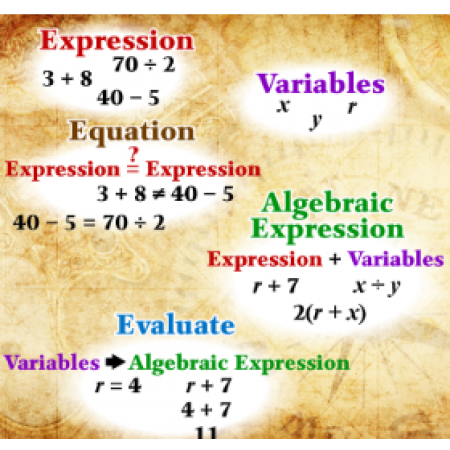

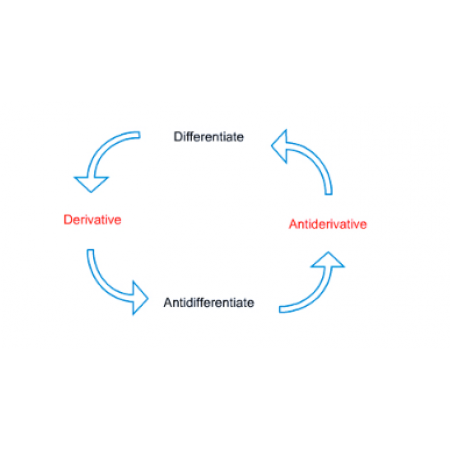
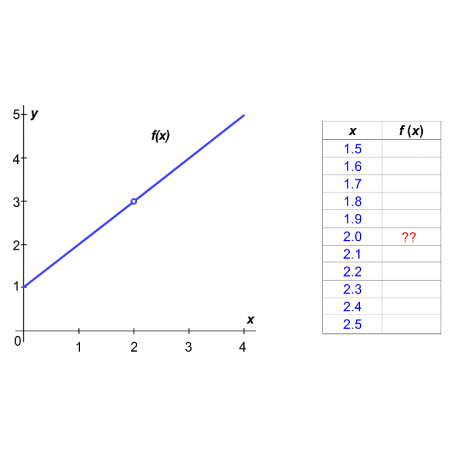

Pre-calculus weaves together concepts of algebra and geometry into a preparatory course for calculus. The course focuses on the mastery of critical skills and exposure to new skills necessary for success in subsequent math courses. Topics include quadratic, exponential, logarithmic, radical, polynomial, and rational functions; matrices; and conic sections in the first semester. The second semester covers an introduction to infinite series, trigonometric ratios, functions, and equations; inverse trigonometric functions; applications of trigonometry, including vectors; polar equations and polar form of complex numbers; arithmetic of complex numbers; and parametric equations.
Connections are made throughout the course to calculus and a variety of other fields related to mathematics. Purposeful concentration is placed on how the concepts covered relate to each other. Demonstrating the connection between the algebra and the geometry of concepts highlights the interwoven nature of the study of mathematics.